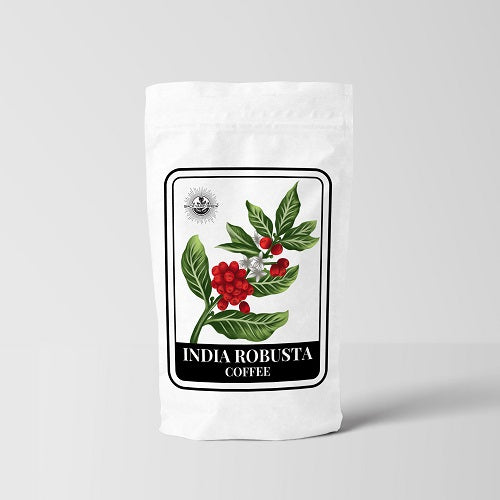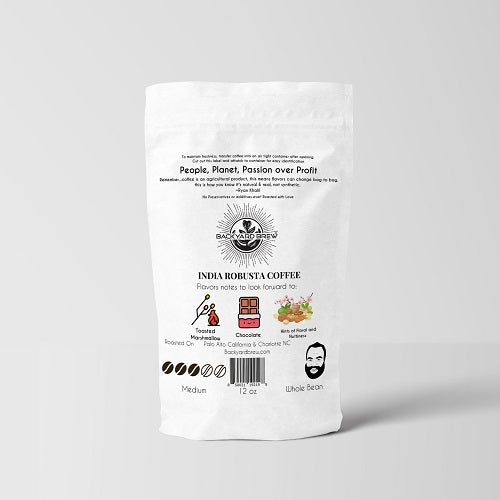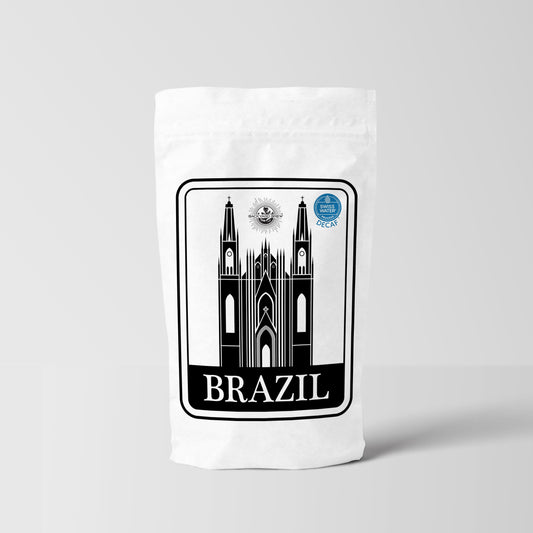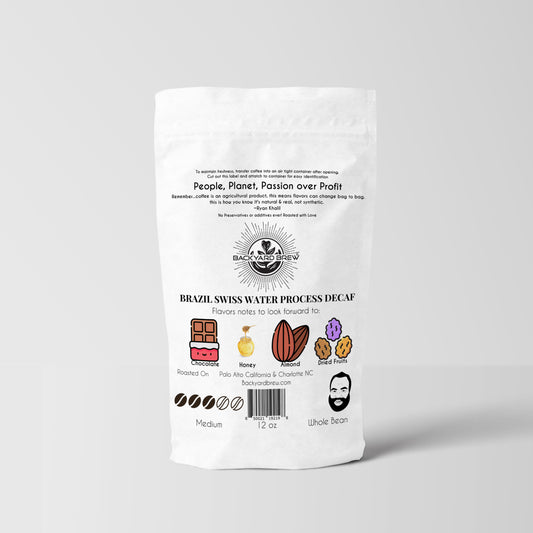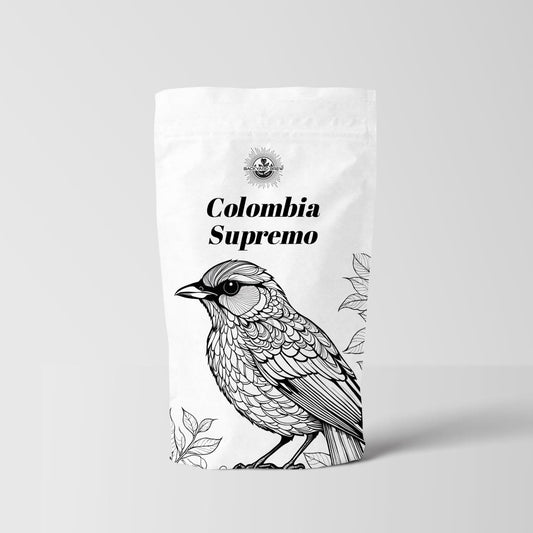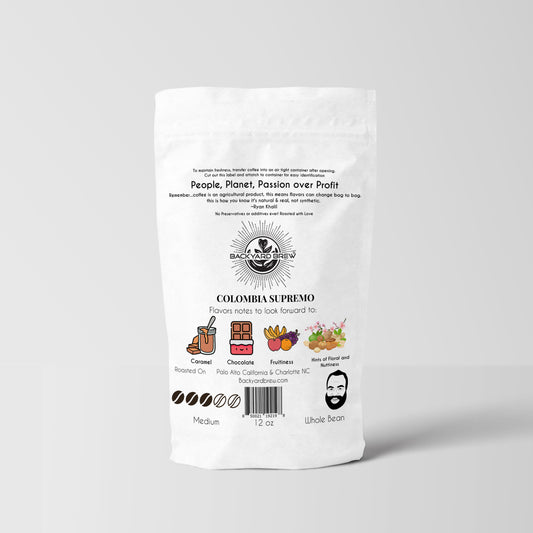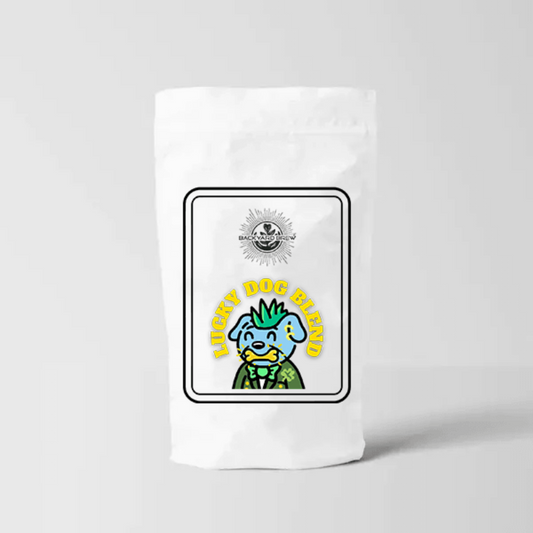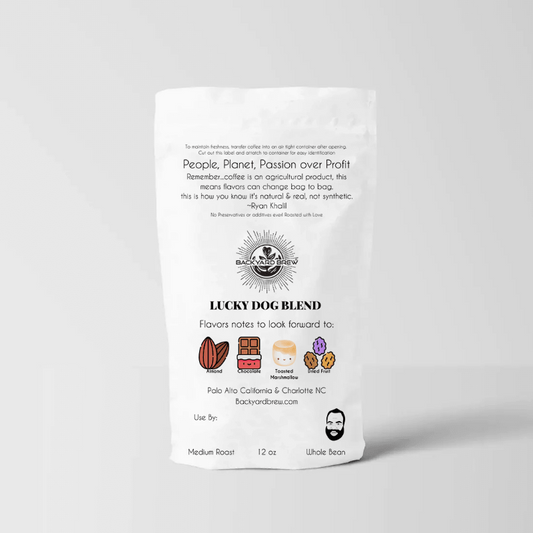Organic and Fair Trade Coffee Beans: A Comprehensive Guide
Related Product
Subscribe
Table of Contents
Coffee is more than just a morning ritual; it’s a global phenomenon that connects millions of people. Moreover, as consumers become more conscious of their choices, the demand for Organic and Fair Trade Coffee Beans has surged. So, in this blog, we will explore the significance of organic and fair trade practices in the coffee industry, the benefits of choosing these beans, and how they contribute to a sustainable future. Read till the end. Here we go…
Understanding Organic and Fair Trade Coffee Beans
Let’s start from basics: understanding Organic and Fair Trade Coffee Beans. We will discuss their benefits for your benefit as well.
Did you know?
The demand for organic and Fair Trade coffee has been steadily increasing, with more consumers seeking ethically sourced products that align with their values.
What Are Organic Coffee Beans?
Organic coffee beans are grown without the use of synthetic fertilizers, pesticides, or herbicides. Instead, they rely on natural processes and organic farming methods. Moreover, you should know that this approach not only protects the environment but also enhances the flavor profile of the coffee.
Fun Fact:
Many coffee enthusiasts believe that organic coffee has a richer and more complex flavor due to the natural growing conditions and methods used.
Benefits of Organic Coffee
-
Healthier for You: Organic coffee is free from harmful chemicals, making it a healthier choice for consumers. Studies suggest that organic coffee may contain higher levels of antioxidants, which can help combat free radicals in the body.
-
Better for the Environment: Organic farming practices promote biodiversity and soil health. By avoiding synthetic chemicals, organic farmers help maintain a balanced ecosystem, which is crucial for sustainable agriculture.
-
Enhanced Flavor: Many coffee enthusiasts believe that single-origin coffee beans—often sourced from organic farms—offer a richer and more complex flavor profile. The unique growing conditions and natural farming methods contribute to the distinct taste of each batch.
|
Benefit |
Description |
|
Healthier |
Free from harmful chemicals, rich in antioxidants. |
|
Eco-Friendly |
Supports biodiversity and soil health. |
|
Better Taste |
Richer, more natural flavors. |
How to Identify Organic Coffee
When shopping for coffee, look for certifications such as the USDA Organic seal. This ensures that the coffee meets strict organic farming standards. Additionally, many brands will highlight their organic status on the packaging, making it easier for consumers to make informed choices.
Did you know?
Organic coffee is grown without synthetic fertilizers or pesticides, which means it’s better for the environment and your health.
What Are Fair Trade Coffee Beans?
Fair Trade coffee beans are sourced from farmers who receive fair compensation for their work. The Fair Trade certification ensures that producers are paid a minimum price for their coffee, which helps them sustain their livelihoods and invest in their communities.
Benefits of Fair Trade Coffee
-
Empowering Farmers: Fair Trade practices empower farmers by providing them with fair wages and better working conditions. This support helps them improve their quality of life and invest in their farms.
-
Community Development: Fair Trade initiatives often include community development projects, such as building schools and healthcare facilities. This investment in local communities fosters long-term growth and stability.
-
Sustainable Practices: Many Fair Trade certified farms also adhere to organic farming practices. This means that when you choose Fair Trade coffee, you are often supporting environmentally friendly methods as well.
|
Benefit |
Description |
|
Empowers Farmers |
Ensures fair wages and better working conditions. |
|
Supports Communities |
Funds schools, healthcare, and local development. |
|
Promotes Sustainability |
Encourages eco-friendly farming practices. |
How to Identify Fair Trade Coffee
Look for the Fair Trade Certified label on coffee packaging. This certification guarantees that the coffee was produced under fair labor conditions and that farmers received fair compensation for their work.
Fun Fact:
Fair Trade encourages direct relationships between farmers and buyers, reducing the number of middlemen and ensuring that more profits go directly to the producers.
The Importance of Certified Organic Coffee
Certified organic coffee is coffee that has been grown and processed according to strict organic standards set by certifying bodies. This certification ensures that the coffee is free from synthetic chemicals and has been produced sustainably.
Benefits of Certified Organic Coffee
-
Quality Assurance: Certified organic coffee undergoes rigorous testing and inspection, ensuring that it meets high-quality standards. This means you can trust that you are getting a premium product.
-
Environmental Impact: By choosing certified organic coffee, you are supporting farming practices that protect the environment. Organic farming promotes soil health, conserves water, and reduces pollution.
-
Support for Small Farmers: Many certified organic coffee producers are small-scale farmers who rely on fair trade practices. By purchasing certified organic coffee, you are helping to support these farmers and their communities.
|
Benefit |
Description |
|
Quality Assurance |
Rigorous testing ensures a premium product. |
|
Eco-Friendly |
Protects soil, water, and reduces pollution. |
|
Supports Farmers |
Helps small-scale farmers and their communities. |
Coffee Bean Types and Their Impact
There are several coffee beans types, each with its unique flavor profile and characteristics. The most common types include:
-
Arabica: Known for its smooth and mild flavor, Arabica beans are often grown at higher altitudes. They are the most popular type of coffee bean, making up about 60-70% of global coffee production.
-
Robusta: Robusta beans have a stronger, more bitter flavor and contain higher caffeine levels. They are often used in espresso blends and instant coffee.
-
Liberica: This lesser-known bean has a unique flavor profile, often described as fruity and floral. It is primarily grown in Southeast Asia and parts of Africa.
-
Excelsa: Often used in blends, Excelsa beans have a tart and fruity flavor. They are grown mainly in Southeast Asia and are known for their distinct taste.
The Role of Coffee Bean Roast Levels
The coffee bean roast levels significantly impact their flavor and aroma. Here are the main roast levels:
-
Light Roast: Lightly roasted beans retain more of their original flavor and acidity. They often have fruity and floral notes.
-
Medium Roast: Medium roast beans strike a balance between acidity and flavor, offering a well-rounded taste with a hint of sweetness. This roast level is popular among many coffee drinkers.
-
Dark Roast: Dark roast beans have a bold, rich flavor with a pronounced bitterness. The roasting process brings out deep chocolate and smoky notes, often preferred by those who enjoy a strong cup of coffee.
-
Medium-Dark Roast: This roast level combines the characteristics of both medium and dark roasts, providing a complex flavor profile with a balance of sweetness and bitterness.
|
Roast Level |
Description |
|
Light Roast |
Fruity, floral notes with high acidity. |
|
Medium Roast |
Balanced flavor with mild sweetness. |
|
Dark Roast |
Bold, rich flavor with chocolate and smoky notes. |
|
Medium-Dark Roast |
Balanced sweetness and bitterness, complex taste. |
Choosing the Right Roast Level
When selecting coffee, consider your personal taste preferences. If you enjoy bright, fruity flavors, opt for a light roast. For a balanced cup, a medium roast may be ideal. If you prefer a robust, intense flavor, a dark roast will likely satisfy your palate. Many brands offer a variety of roast levels, allowing you to explore different flavors and find your favorite.
Why Choose Organic and Fair Trade Together?
Choosing Organic and Fair Trade Coffee Beans is not just about enjoying a great cup of coffee; it’s about making a positive impact on the world. When you choose coffee that is both organic and fair trade, you are supporting sustainable farming practices and fair labor conditions.
-
Environmental Sustainability: Organic farming methods help protect the environment by promoting biodiversity and reducing chemical runoff. Fair trade practices often encourage farmers to adopt sustainable methods, further enhancing the positive impact on the planet.
-
Social Responsibility: By purchasing organic and fair trade coffee, you are supporting farmers and their communities. This support helps improve their quality of life and fosters economic development in coffee-growing regions.
-
Quality and Flavor: Coffee that is both organic and fair trade often boasts superior quality and flavor. The combination of sustainable farming practices and fair compensation for farmers results in better-tasting coffee.
Did you know?
Many organic and Fair Trade coffee producers come from regions with rich coffee-growing traditions, contributing to the cultural heritage of coffee around the world.
How to Make a Difference
-
Educate Yourself: Learn about the coffee industry and the importance of organic and fair trade practices. Understanding the impact of your choices can help you make informed decisions.
-
Support Ethical Brands: Look for brands that prioritize organic and fair trade certifications. Many companies are committed to sustainability and ethical sourcing, making it easier for consumers to choose responsibly.
-
Spread the Word: Share your knowledge about organic and fair trade coffee with friends and family. The more people understand the benefits, the greater the demand for sustainable coffee options.
Emerging Trends in the Coffee Industry
As we look toward 2025, several trends are shaping the future of coffee:
-
Increased Demand for Sustainability: Consumers are becoming more aware of the environmental and social impacts of their purchases. This trend is driving demand for organic and fair trade coffee, as people seek to make responsible choices.
-
Specialty Coffee Growth: The specialty coffee market is expanding, with more consumers seeking unique flavors and high-quality beans. This trend aligns with the rise of single-origin coffee beans, which offer distinct taste profiles based on their geographic origin.
-
Technological Advancements: Innovations in coffee production and processing are improving efficiency and quality. From precision agriculture to advanced roasting techniques, technology is playing a significant role in the coffee industry.
-
Health-Conscious Choices: As people become more health-conscious, the demand for organic coffee is expected to grow. Consumers are increasingly looking for products that offer health benefits, such as higher antioxidant levels.
|
Trend |
Description |
|
Sustainability Demand |
Growing interest in organic and fair trade coffee. |
|
Specialty Coffee Growth |
Rising demand for unique flavors and single-origin beans. |
|
Tech Advancements |
Innovations improving production and quality. |
|
Health Focus |
Increased preference for coffee with health benefits. |
The Role of Consumers in Shaping the Future
Consumers play a crucial role in shaping the future of the coffee industry. By choosing Organic and Fair Trade Coffee Beans, you are sending a message to producers and retailers about the importance of sustainability and ethical practices. Your purchasing decisions can influence the market and encourage more brands to adopt responsible sourcing methods.
Studies show that when consumers prioritize organic and Fair Trade products, it can lead to a significant increase in sales for those items—sometimes by as much as 20% annually. This demonstrates that consumer choices can directly influence the coffee market, encouraging more brands to adopt sustainable and ethical practices in response to growing demand.
Conclusion
In conclusion, choosing Organic and Fair Trade Coffee Beans is a powerful way to enjoy your coffee while making a positive impact on the world. By supporting sustainable farming practices and fair labor conditions, you contribute to a healthier planet and better lives for coffee farmers. As we move toward 2025, the demand for organic and fair trade coffee is likely to grow, driven by consumer awareness and a desire for quality and sustainability.
Whether you prefer light, medium, or dark roasts, there is a world of flavors waiting to be explored. By understanding the benefits of organic and fair trade coffee, you can make informed choices that align with your values. So, the next time you brew a cup of coffee, remember the journey it took to reach your mug and the positive impact your choice can have on the world. Enjoy your coffee, knowing that you are part of a movement toward a more sustainable and equitable future.

